News
TIFF Interview: Neasa Hardiman on ‘Sea Fever’, Inspiration, and Superstition
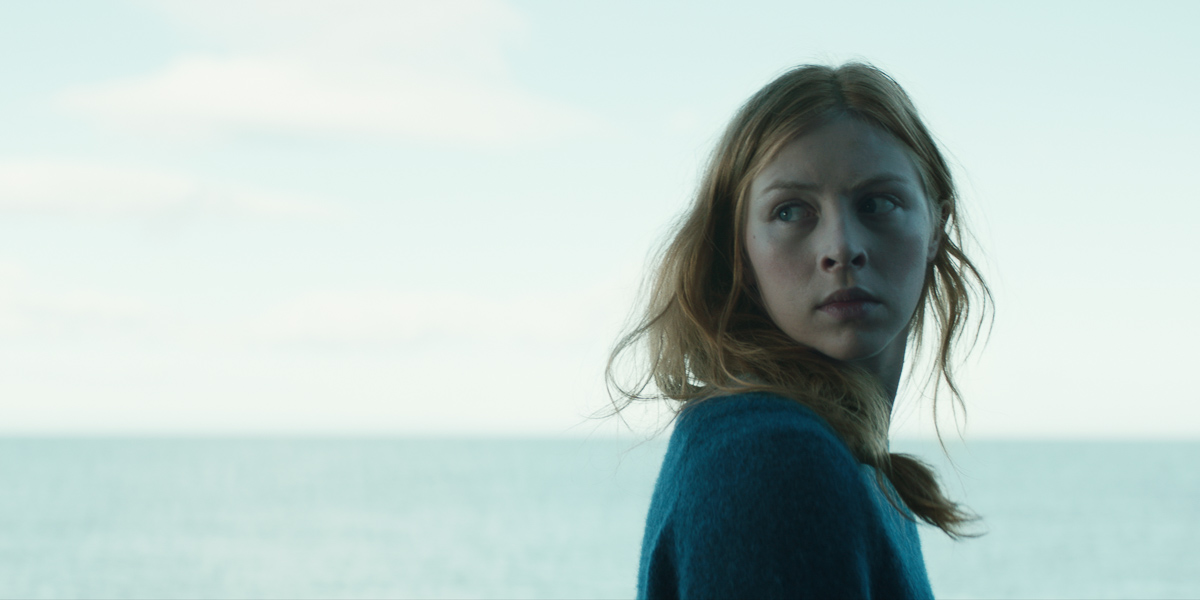
Sea Fever — which played at the Toronto International Film Festival as part of their Discovery program — is a captivating exploration of the horrific unknown of our natural world. Both beautiful and terrifying, think The Thing at sea; otherworldly entities and a seeping paranoia flow through Sea Fever in waves, knocking the film’s characters around as they try to keep their heads above water.
Writer/director Neasa Hardiman has won several awards for her documentary and television work. She’s brought her realist sensibilities to Sea Fever, crafting a heartfelt and genuine film with a heavy dose of dread. I had the opportunity to speak with Hardiman about inspiration, superstition, Irish horror, and women in film.
Kelly McNeely: What was the genesis of Sea Fever? Where did this idea come from?
Neasa Hardiman: I think one of the things that I wanted to do, was I wanted to tell a story that was contained, that allowed the exploration of character and that had a propulsive narrative drive that would keep you leaning forward in your seat. So that was really important to me.
I wanted to tell a story about a scientist, where a scientist was the lead. I think that was also really important. Because I feel like the scientist is usually kind of off to the side and a little bit amoral, and often if not quite a figure of fun, a figure of unease. So I wanted to place that figure front and center, and go, let’s just unearth what that is and where that weird cultural trope came from.
KM: I love that with the scientist in the forefront, because instead of it being a militarized “let’s kill this thing,” she very much wants to study it and keep it alive and protect it, which I think is an absolutely gorgeous idea.
NH: Oh brilliant! It’s that third act thing, right? The expected third act in a film like this becomes “chase-fight-chase-fight-confrontation-death” [laughs]. And it was something I was really aware of. I remember seeing David Hare — the screenwriter — and he said essentially a feature film is three stories. You’ve got a story in the first act that turns left, and you get a completely different story in the second act, and then there’s a second left turn and you get a third story in the third act. He said most films only have two stories because it’s really hard [laughs].
I thought, ok, well I’m really gonna take that to heart and we’re not going to do chase-fight-chase-fight, we’re going to make the third act about something else, and it’s got to be about taking responsibility, it’s got to be about that kind of broader theme of the story.
So the third act has to be about taking responsibility for this animal that has accidentally arrived in this space; it doesn’t want to be there, they don’t want it to be there, and they’ve got to get it out. And so there’s taking responsibility for that. And then obviously at the very end of the story it’s also about taking responsibility for what’s happened to Siobhan, and she has to do the moral thing at the end.
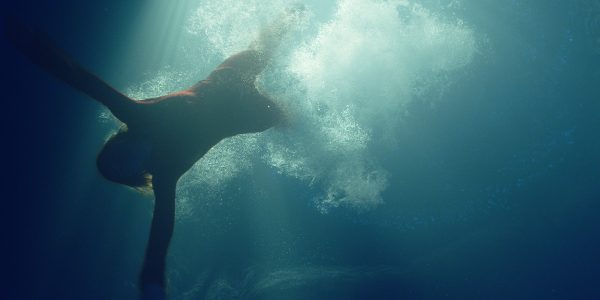
Sea Fever via TIFF
KM: I do love the ending, too. Usually it’s not the female character that gets to have those wonderful moments, usually it’s the male character, like “Oh, I’m going to save the day”. So I love that she’s able to step in in a really beautiful and organic and healthy way. I think that’s really lovely.
NH: Good! [laughs]
KM: There’s some really spectacular gore in there as well, some wonderful body horror. Did you use practical effects for that or was it mostly CGI?
NH: A lot of it is CG, and we did have some really brilliant puppeteers so there’s a shot in the sink where there are little animals crawling around in the sink, and that’s all live on the day made of seaweed with little bits of iron filings in them and a puppeteer underneath the sink with a magnet [laughs]. So that was really fun. And the puppeteers also made the sea creatures, those tendrils. And we had terrific CG designs as well; Alex Hansson generated all the big, beautiful, mesmeric images.
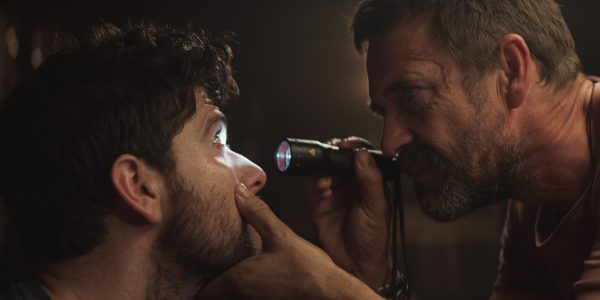
Sea Fever via TIFF
KM: There are some big themes in Sea Fever with family, nature, sacrifice, nautical superstitions… what do themes mean to you, and what did you want to bring out in the film with those themes?
NH: Really what was interesting to me was when I was kinda teasing out where do I want the story to go, how do I want it to live, was this notion of the scientific method and being really rational. And I thought ok, if you push that to an extreme, what’s the real extreme of that? And the real extreme of that is a lack of social connection.
That there’s a degree to which magical thinking allows me to pretend that I understand what you’re thinking, and you pretend you understand what I think, and we make a connection that way, and actually that’s valuable. There’s a warmth in that that allows us to feel good about one another. So I was kind of researching into that, and researching into cognitive styles, and what are the difficulties and advantages of different cognitive styles.
I thought if that’s one end, where you acknowledge that part of the scientific method allows you to be really humble about your place in the world, and to acknowledge that there’s very little that you can influence, but you can observe and try to understand. And then what’s the other extreme?
The other extreme is superstition. Like I knock on the table and that means that the bad luck that I’ve thought about won’t happen. So there’s this illusion of control, this illusion that you control everything. I thought there are two extremes that we can explore through the story, and this notion of the advantage of being very clear about the minimal input of your place in the universe and the scientific method and humility and clarity, could also leave you quite isolated, and that’s very painful. Versus reading meaning into absolutely everything and thinking that, you know, entrails are going to tell you what the weather is going to be like. Which is very connecting, but it doesn’t really help you in the world.
And the interesting thing that I discovered — and it’s kind of a banal thing to say — but the less control that you have over your life, the more likely you are to turn to magical thinking to give you the illusion of control. And there’s nothing wrong with that! That leap of faith which is a non-rational, non-logical form of thinking can be really valuable and enriching and nourishing, and there’s nothing wrong with that. And it does unify us. As a community and a species, we need that. We need to feel unified and we need ritual and we need community and shared beliefs in order to be happy and healthy.
So it was sort of looking at those extremes and allowing our central character who sort of starts at one end. But she’s in pain at the beginning of the story. She’s trying, but she’s just a little bit socially deaf and it’s very hard for her. And to allow her to move into a community space where she’s sharing the ritual of food and sharing that connection with people before, of course, you know, it falls apart. But she does have a rich and authentic connection as [Sea Fever] develops, while at the same time allowing the strengths of her cognitive style to drive the rest of the story.
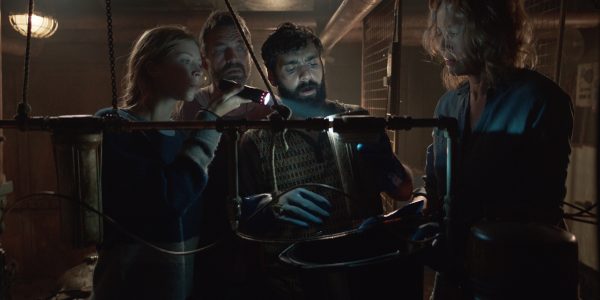
Sea Fever via TIFF
KM: I’ve noticed that — in a lot of Irish horror — there’s a big theme of nature, and that natural theme is stunning. Is horror a big thing the way it is in America, or is genre not quite as big in Ireland?
NH: That’s a really interesting question. I’d be reluctant to generalize because I feel like every filmmaker is different, and it’s very hard to see from inside your own culture what’s going on. It’s much easier to look at it from the outside and see those motifs come up again and again.
The biggest city in Ireland only has 1.5 million people, so we don’t have a huge industrialized landscape, and agrarian culture has been a big feature of Irish life. And I think it’s quite a clannish community in Ireland; we’re very family-orientated and social connection is very important to us, and rootedness is very important to us.
There’s a rich seam of traditional mythology in Ireland and storytelling, and a lot of it is quite gothic [laughs]. The stories tend to be quite dark! As they are, I suppose, across the world when it comes to folkloric storytelling. They are those dream metaphors — don’t go into the woods at night! So I do think that informs the Irish imagination.
If you look at Irish filmmakers down the years, there often is that quite gothic sensibility at work. You look at Neil Jordan, it’s like, Jesus there’s a gothic one [laughs]. The Lodgers — that screened [at TIFF] two years ago — has that same kind of gothic sensibility. The Winter Lake has that same gothic sensibility. So, yeah… I think you’re onto something [laughs].
KM: What advice would you give to aspiring female filmmakers?
NH: I would say three things. I would say don’t ask for permission, just do it. Speak your mind. And if you’re not happy, say so.
I think it is hard, still. I’ve been working for 20 years in high-end television, and still many times when I walk on set, I am the first female director that any of the crew has worked with. It’s still weird.
There are many, many, many women in film, and there are many, many really talented women in film. And there are many famous, brilliant, super successful women in film. But statistically, there is a glass ceiling. There is a glass ceiling where there are loads of women working at a certain level, and once the budgets go up, the number of women goes down. And that’s unconscious bias. So the question is how do we overcome unconscious bias?
The truth is, it’s not just our problem. We can’t solve this on our own, we need everybody to solve this problem. It’s not an unsolvable problem — it’s a pretty easy problem to solve [laughs]. And I think the thing that we can do is just keep working, keep working. Don’t ask for permission. If people critique you, of course take it on board, consider it, absorb it, accept the critique, and keep working.
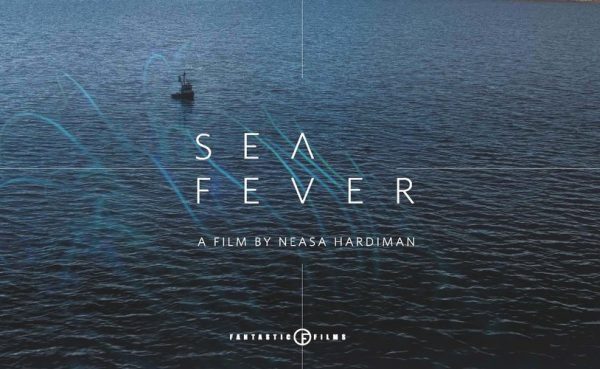
via IMDb
KM: What were your inspirations for Sea Fever, and what are you influenced by when you make a film?
NH: That’s a great question. I think loads and loads of really diverse things. I think the broader your cultural palette as a filmmaker — as a creator, generally, I’m sure you agree — the broader the better, because you never know what’s going to tickle you, or you never know when you’re working on a story problem what’s going to come from the back of your head.
It’s going to be an interview you read, or a novel that you’ve read, or something from somewhere completely different that you go, that’s really truthful and I never thought of it like that before, but that feels really authentic and human to me and I can use that experience or dramatic moment — or whatever. So I think it’s really important to stay broad and to stay interested in everything.
For this, I think that the films that influenced me most were probably films like Arrival, Annihilation, Alien, obviously… all the A films [laughs]. It’s that really nice sweet spot between rich, authentic, truthful, conflicted, layered characterization that feels grounded and real, and a dreamlike element that you bring in and go, what if. What if this. But not letting that dreamlike element take over, so not letting it become kind of just crash-bang-whollop and a series of visual effects, but rather just introducing it like dropping a stone into water so that all the ripples are the things that you’re watching. So that was sort of the idea.
For more from TIFF 2019, click here for reviews, interviews, and more!
'Civil War' Review: Is It Worth Watching?
Follow our new YouTube channel "Mysteries and Movies" here.
Movies
‘Evil Dead’ Film Franchise Getting TWO New Installments
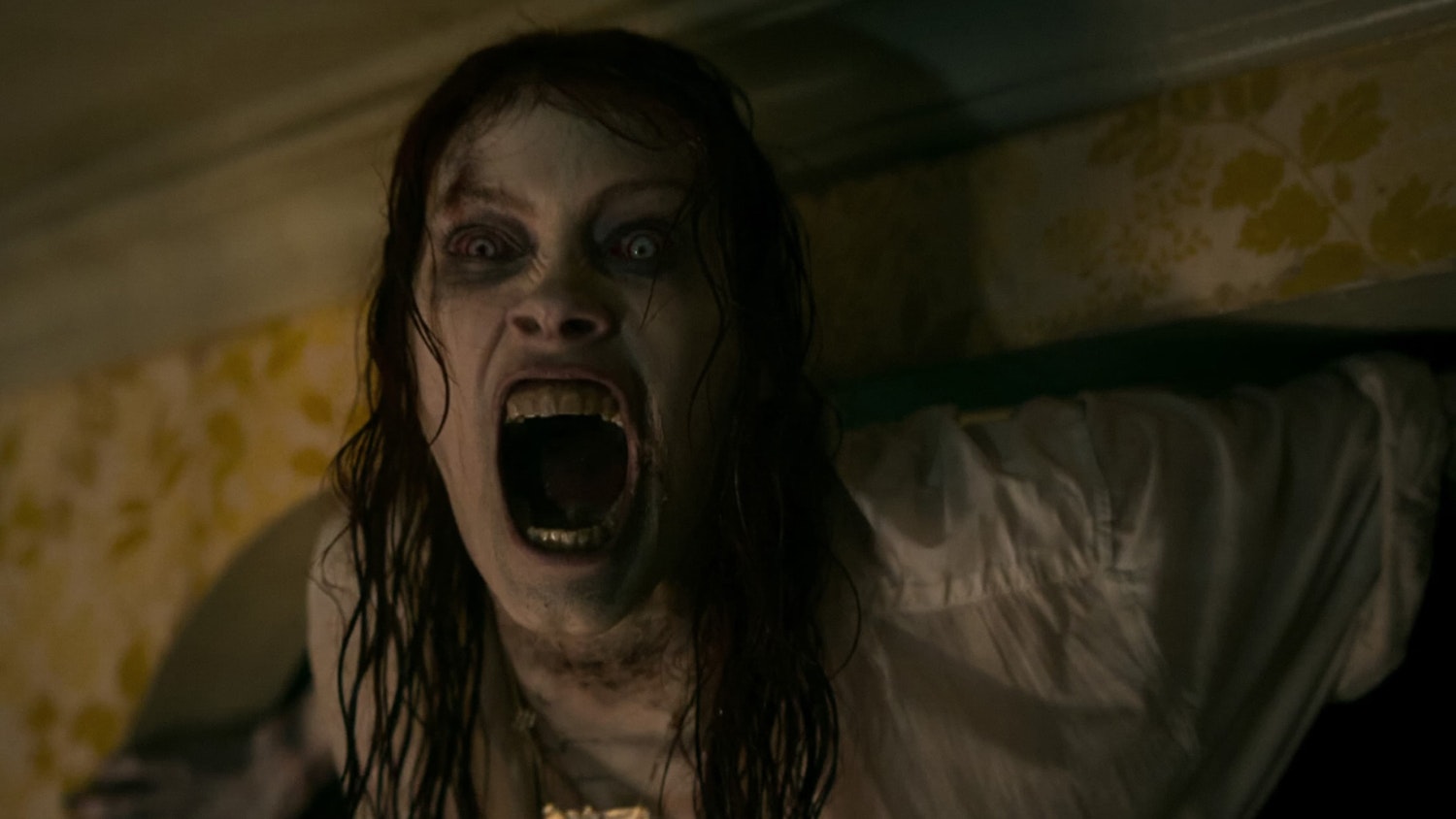
It was a risk for Fede Alvarez to reboot Sam Raimi’s horror classic The Evil Dead in 2013, but that risk paid off and so did its spiritual sequel Evil Dead Rise in 2023. Now Deadline is reporting that the series is getting, not one, but two fresh entries.
We already knew about the Sébastien Vaniček upcoming film that delves into the Deadite universe and should be a proper sequel to the latest film, but we are broadsided that Francis Galluppi and Ghost House Pictures are doing a one-off project set in Raimi’s universe based off of an idea that Galluppi pitched to Raimi himself. That concept is being kept under wraps.
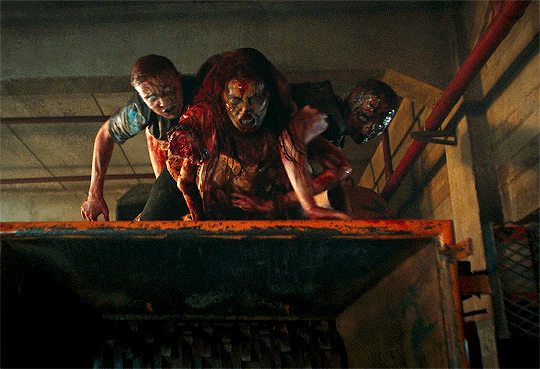
“Francis Galluppi is a storyteller who knows when to keep us waiting in simmering tension and when to hit us with explosive violence,” Raimi told Deadline. “He is a director that shows uncommon control in his feature debut.”
That feature is titled The Last Stop In Yuma County which will release theatrically in the United States on May 4. It follows a traveling salesman, “stranded at a rural Arizona rest stop,” and “is thrust into a dire hostage situation by the arrival of two bank robbers with no qualms about using cruelty-or cold, hard steel-to protect their bloodstained fortune.”
Galluppi is an award-winning sci-fi/horror shorts director whose acclaimed works include High Desert Hell and The Gemini Project. You can view the full edit of High Desert Hell and the teaser for Gemini below:
'Civil War' Review: Is It Worth Watching?
Follow our new YouTube channel "Mysteries and Movies" here.
Movies
‘Invisible Man 2’ Is “Closer Than Its Ever Been” to Happening

Elisabeth Moss in a very well-thought-out statement said in an interview for Happy Sad Confused that even though there have been some logistical issues for doing Invisible Man 2 there is hope on the horizon.
Podcast host Josh Horowitz asked about the follow-up and if Moss and director Leigh Whannell were any closer to cracking a solution to getting it made. “We are closer than we have ever been to cracking it,” said Moss with a huge grin. You can see her reaction at the 35:52 mark in the below video.
Whannell is currently in New Zealand filming another monster movie for Universal, Wolf Man, which might be the spark that ignites Universal’s troubled Dark Universe concept which hasn’t gained any momentum since Tom Cruise’s failed attempt at resurrecting The Mummy.
Also, in the podcast video, Moss says she is not in the Wolf Man film so any speculation that it’s a crossover project is left in the air.
Meanwhile, Universal Studios is in the middle of constructing a year-round haunt house in Las Vegas which will showcase some of their classic cinematic monsters. Depending on attendance, this could be the boost the studio needs to get audiences interested in their creature IPs once more and to get more films made based on them.
The Las Vegas project is set to open in 2025, coinciding with their new proper theme park in Orlando called Epic Universe.
'Civil War' Review: Is It Worth Watching?
Follow our new YouTube channel "Mysteries and Movies" here.
News
Jake Gyllenhaal’s Thriller ‘Presumed Innocent’ Series Gets Early Release Date
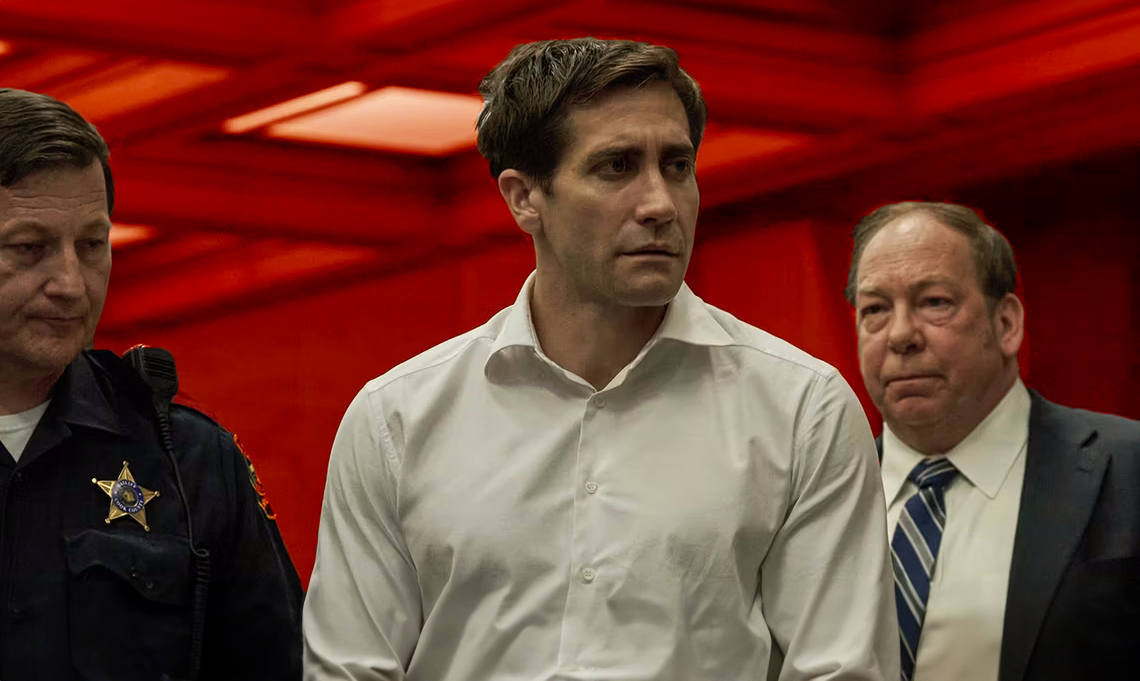
Jake Gyllenhaal’s limited series Presumed Innocent is dropping on AppleTV+ on June 12 instead of June 14 as originally planned. The star, whose Road House reboot has brought mixed reviews on Amazon Prime, is embracing the small screen for the first time since his appearance on Homicide: Life on the Street in 1994.
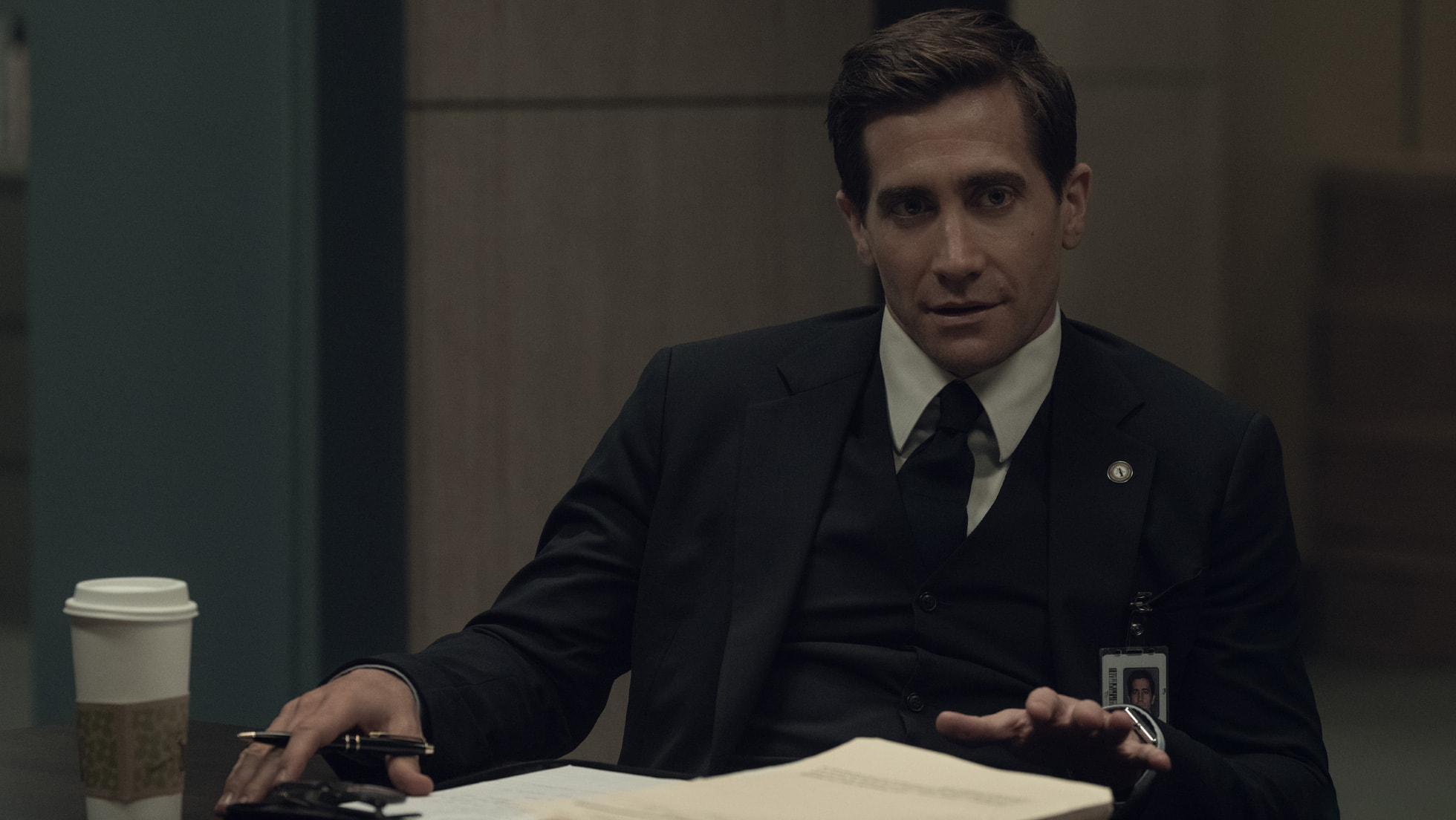
Presumed Innocent is being produced by David E. Kelley, J.J. Abrams’ Bad Robot, and Warner Bros. It is an adaptation of Scott Turow’s 1990 film in which Harrison Ford plays a lawyer doing double duty as an investigator looking for the murderer of his colleague.
These types of sexy thrillers were popular in the ’90s and usually contained twist endings. Here’s the trailer for the original:
According to Deadline, Presumed Innocent doesn’t stray far from the source material: “…the Presumed Innocent series will explore obsession, sex, politics and the power and limits of love as the accused fights to hold his family and marriage together.”
Up next for Gyllenhaal is the Guy Ritchie action movie titled In the Grey scheduled for release in January 2025.
Presumed Innocent is an eight-episode limited series set to stream on AppleTV+ starting June 12.
'Civil War' Review: Is It Worth Watching?
Follow our new YouTube channel "Mysteries and Movies" here.
-
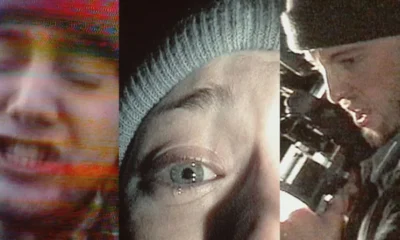
 News5 days ago
News5 days agoOriginal Blair Witch Cast Ask Lionsgate for Retroactive Residuals in Light of New Film
-
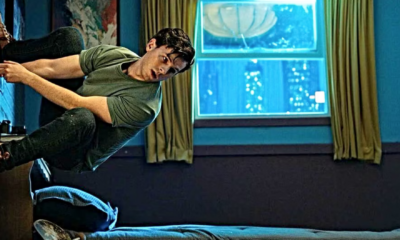
 Movies6 days ago
Movies6 days agoSpider-Man With a Cronenberg Twist in This Fan-Made Short
-
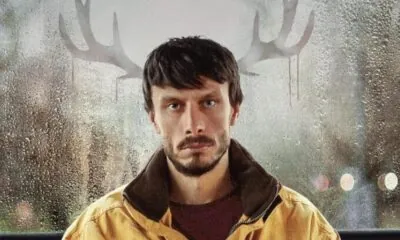
 News3 days ago
News3 days agoPerhaps the Scariest, Most Disturbing Series of The Year
-

 Movies4 days ago
Movies4 days agoNew F-Bomb Laden ‘Deadpool & Wolverine’ Trailer: Bloody Buddy Movie
-
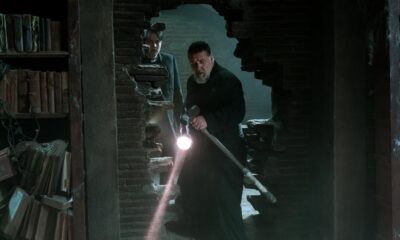
 News4 days ago
News4 days agoRussell Crowe To Star in Another Exorcism Movie & It’s Not a Sequel
-
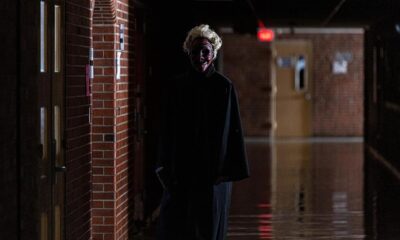
 Movies4 days ago
Movies4 days ago‘Founders Day’ Finally Getting a Digital Release
-

 Lists3 days ago
Lists3 days agoThrills and Chills: Ranking ‘Radio Silence’ Films from Bloody Brilliant to Just Bloody
-
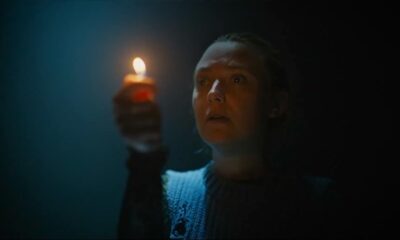
 Movies4 days ago
Movies4 days agoNew ‘The Watchers’ Trailer Adds More to the Mystery
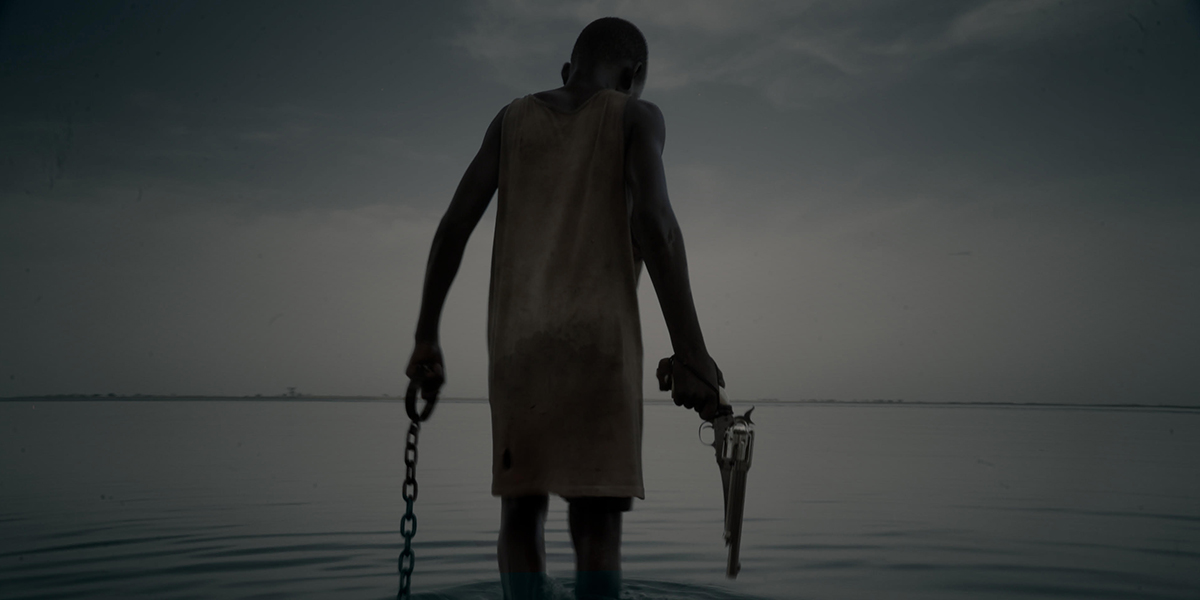
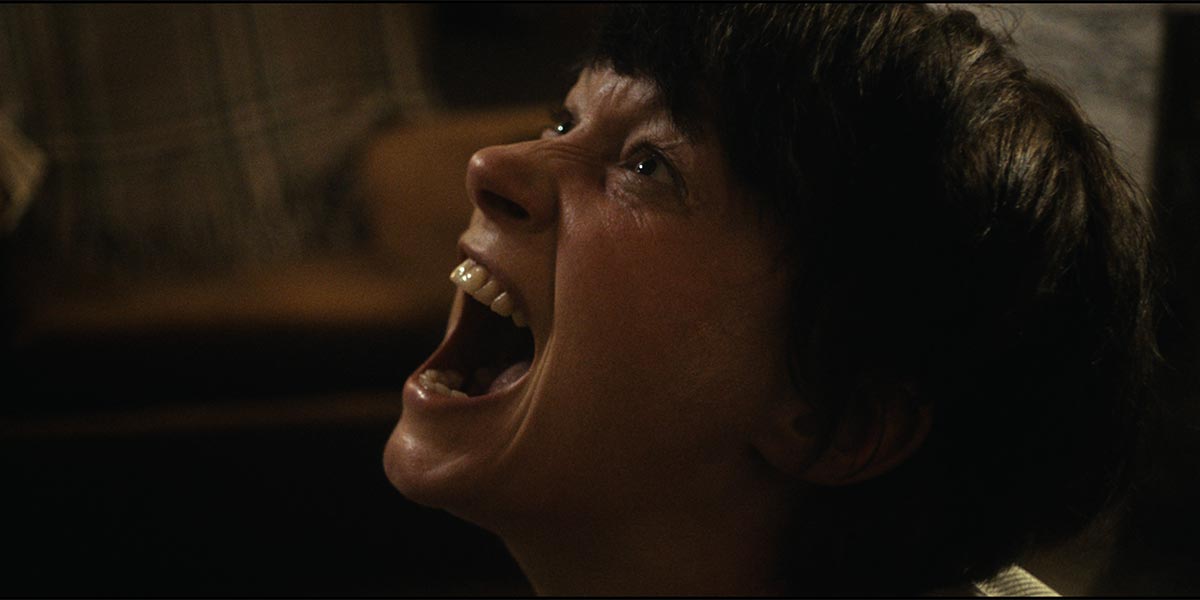
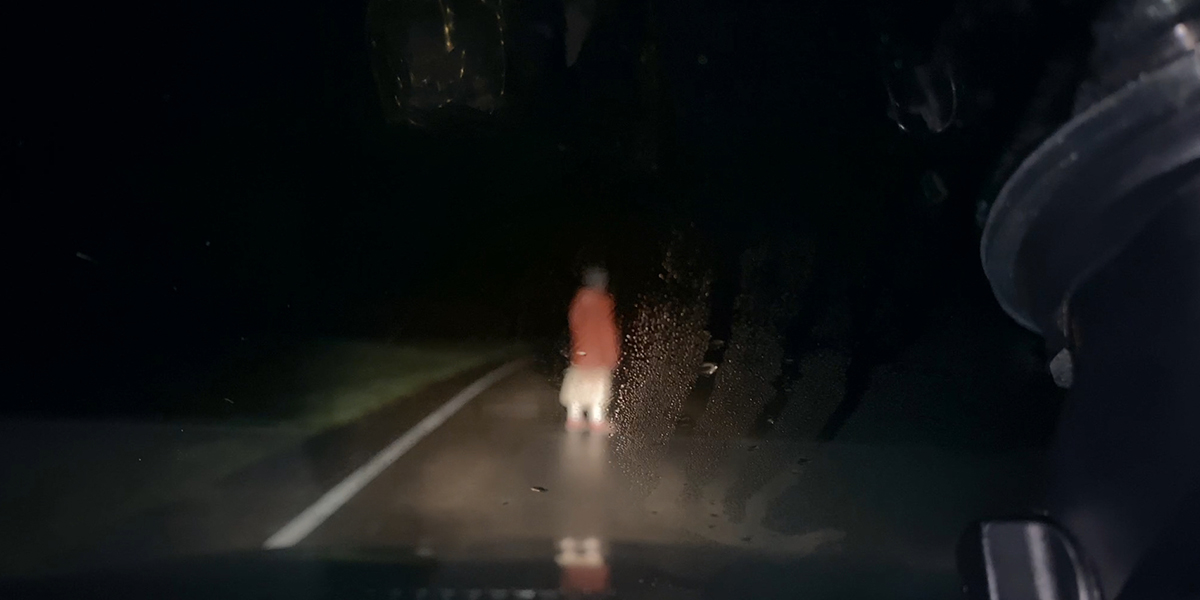























You must be logged in to post a comment Login